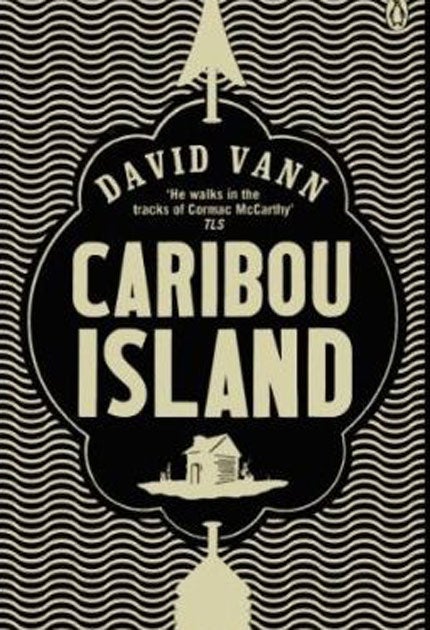Caribou Island, By David Vann
A family at the edge of the world

Alaskan literature isn't known for its sunny reveries, and David Vann's fiction is suitably bleak. His autobiographically inspired story-collection Legend of a Suicide traced the effects of a parent's tragic death. This distinctive novel embraces similar terrain.
At its heart is a marriage on the brink. Irene, a retired pre-school teacher, is locked in an increasingly restive 30-year-old relationship. Her husband Gary, a Californian escapee, has always felt short-changed by life. This "champion of regret" plans as his latest "impossible project" – the building of a log cabin on a nearby island in an attempt to reclaim the purities of frontier life. Instead of calling a halt to his lunacies, Irene battles bad weather, high waves and the chill wind of his disapproval to construct a new home that might not eventually be hers.
Caught up in the ebb and flow of the couple's marital discontents are their grown-up children: Rhoda, a veterinary assistant who cooks and cares for her parents while waiting for her dentist boyfriend to propose, and Mark, a slacker who lives in the woods, happy to fish and get high. It's the arrival of Mark's out-of-town friends that introduces the novel's unexpected heat and some destabilising infidelities.
Told from several viewpoints, this story of botched relationships grows in strength. Irene's eventual breakdown takes the form of an imagined sinus infection – a malaise every bit as suffocating as her relationship – while Rhoda's dreams of marriage are dashed when her 41-year-old fiancé, Jim, decides "to devote his life to sex. Get in better shape and have as many women as possible." Emotional isolation envelops the book, but it's Vann's gift to spin a story from such dark materials.
A sobering counterpoint to the familial angst is the elemental landscape of Caribou Island itself. Gary's desire for annihilation reaches such fever pitch that he strips off and, in the manner of his favourite Icelandic saga, "sets out on the sea". Pounded by the waves and spray, he sprawls on the rocks and feels better than he has done in years.
Vann's portrayal of the wilderness can feel portentous, but it gives the novel grandeur. Alaska, with its sodden forests, glassy lakes, rusty Dodges and smelly canneries, is portrayed as "the end of the world, a place of exile. Those who couldn't fit anywhere else came here, and if they couldn't cling to anything here, they just fell off the edge."
Subscribe to Independent Premium to bookmark this article
Want to bookmark your favourite articles and stories to read or reference later? Start your Independent Premium subscription today.

Join our commenting forum
Join thought-provoking conversations, follow other Independent readers and see their replies